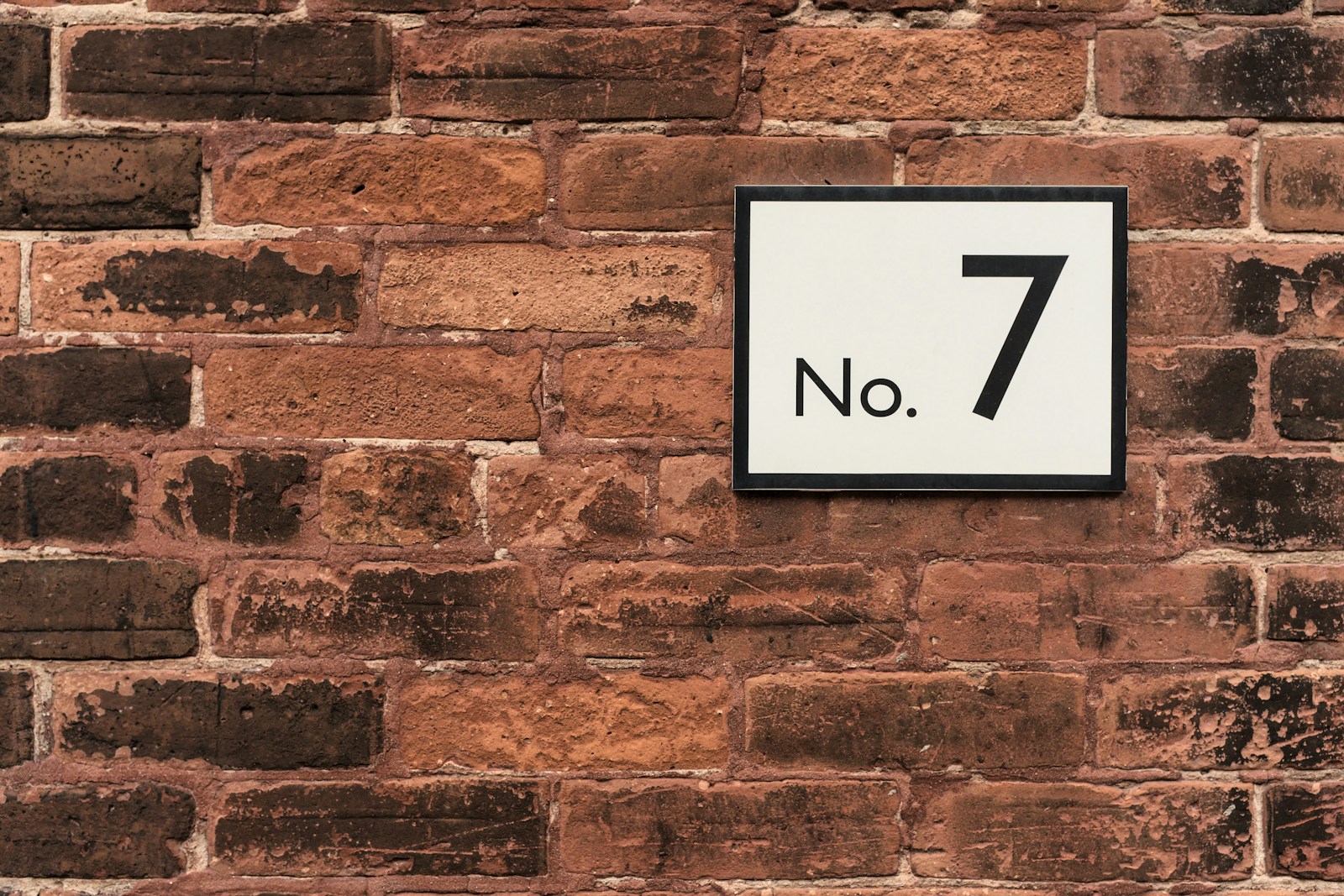
número

number
The Spanish word 'número' is used to indicate the amount or rank of something, similar to how 'number' is used in English. It can refer to anything from a telephone number (número de teléfono) to specifying the rank of a person or thing in a particular sequence (for example, the number one runner in a race would be el corredor número uno).
Example sentences using: número
Mi número de la suerte es el siete.

My lucky number is seven.
The phrase is used when someone wants to express what their favorite or 'lucky' number is.
¿Cuál es tu número de teléfono?

What is your phone number?
This phrase is often used when someone wants to ask for your phone number to keep in touch with you.
El número de la casa es 123.

The house number is 123.
This phrase is used to specify or communicate a specific address or location.
No tengo tu número en mi teléfono.

I don't have your number in my phone.
This sentence is often said when you realize that you do not have someone's contact information saved on your phone.
El número de estudiantes en la clase es 30.

The number of students in the class is 30.
This phrase is often used in a school setting when describing how many students there are in a particular class.
Estoy esperando mi número en la fila.

I'm waiting for my number in line.
This sentence could be used when you are in a queue waiting for your turn, often indicated by a number.
Hay un número limitado de asientos.

There is a limited number of seats.
This phrase often refers to the limited availability of seats in an event, vehicle, or place like a restaurant.
Prefiere el número ocho.

He prefers the number eight.
This sentence is used when referring to someone's preference for a particular number.
El número de páginas del libro es 400.

The number of pages in the book is 400.
This phrase can be used to provide information about the length of a book measured by its number of pages.
El número de casos de COVID-19 está aumentando.

The number of COVID-19 cases is increasing.
This phrase might be used by news agencies or health departments to report on the rise in COVID-19 cases.